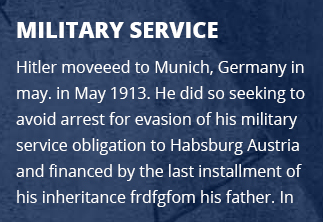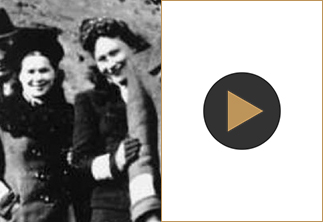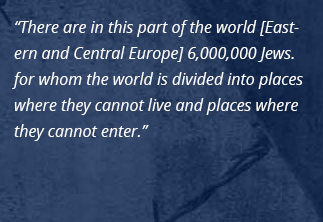Karolina Juszczykowska-Stories of Women Who Rescued Jews During the Holocaust
POLAND

Karolina Juszczykowska was born in Budkow, Poland, in 1898. The story of her life and of her hiding Jews was found in the police and trial records – no one survived to testify.
On July 23, 1944 the police raided Juszczykowska’s home and found two Jews hiding in her cellar. The two fugitives were shot on the spot, and Karolina was arrested and interrogated. She told the police, “I never went to school. Until I was 13 years old I lived with my parents, and then went to Germany where I worked for five years for a farmer in Mecklenburg (a region in Northern Germany)… then I returned to Budkow, where I stayed with my sister until 1934. I helped my sister with farm work. In 1934 I moved to Tomaschow. Until the outbreak of the war I made a living in road construction. Subsequently I had different jobs, as laundress, maid, etc., and until my arrest I worked in the kitchen of OT (Organization Todt which implemented major engineering and armament projects) in Tomaszow. I am single and have a daughter that was born out of wedlock. She is 20 years old. I have no assets and don’t expect to have any in the future. I don’t belong to any political party or any other organization. I don’t care about politics”.

She then went on and told her interrogators that six weeks prior to her arrest she had met the two young men in the street. They asked her to shelter them, and promised to pay her 300 Zloty per week for both of them. Being in desperate need of money, she decided to accept their offer, even though she was aware that they were Jews, and knowing that by hiding them she was risking death. She took them to her home. They slept on the floor and she would lock them in when she went to work. She also mentioned that a neighbor was aware of their presence in her home. Not being able to read or write, she signed her statement with three crosses.
Faced with the grave accusation of having hidden Jews, Karolina probably chose to say she was motivated by greed rather than by the wish to undermine Nazi Germany’s persecution of the Jews. In fact, by that time, considering the war economy and in view of the fact that salaries had been frozen by the Germans and that the prices had soared, the sum of 300 Zloty per week was very modest, and the two Jews, who had been on the run for some time, probably had little money left anyway.
On August 10, 1944 Karolina Juszczykowska was transferred to the prison in Piotrkow awaiting trial. Two weeks later, on August 23, 1944, the Piotrkow Sondergericht (special courts set up in parallel to the German judicial system to summarily sentence political opponents) condemned her to death. Despite having sentenced her to death, the three judges, von Seydewitz, Brand and Dr. Woyte, added a special plea requesting to pardon her. “We recommend pardoning the accused who was sentenced to death, because her hiding the Jews was not motivated by her wish to prevent their deportation or to profit from it. The accused is in a difficult financial situation and succumbed to the temptation to improve her life. 300 Zloty per week for hiding and upkeep of two Jews is not a high payment under present circumstances. It therefore seems to the court that the crime of the accused is not so grave as to justify her execution, especially in view of the fact that this sentence will not deter others.” The final statement was probably due to the fact that all the area’s Jews had already been murdered, and therefore the judges did not believe that there were any Jews left in hiding.
The request to mitigate her sentence was turned down, and Karolina Juszczykowska was transferred to the Frengesheim prison in Frankfurt am Main, Germany, where she was executed on January 9, 1945. The following day the Frankfurt prosecutor informed his colleague in Piotrkow in writing that the sentence had been executed.
The names of the two Jews that were killed in Juszczykowska’s cellar remain unknown. In her interrogation Karolina was only able to provide their first names: Janek and Paul, and told her interrogators that they were originally from Tomaszow. Most of the town’s remaining Jews had been sent to Treblinka in January 1943, leaving only a few hundred Jews behind. In May 1943 these last Jews were taken away for forced labor in the Radom region. Janek and Paul probably managed to escape and had been hiding in the area until they arrived at Juszczykowska’s home.
On 17 May 2011 Yad Vashem recognized Karolina Juszczykowska as Righteous Among the Nations.




